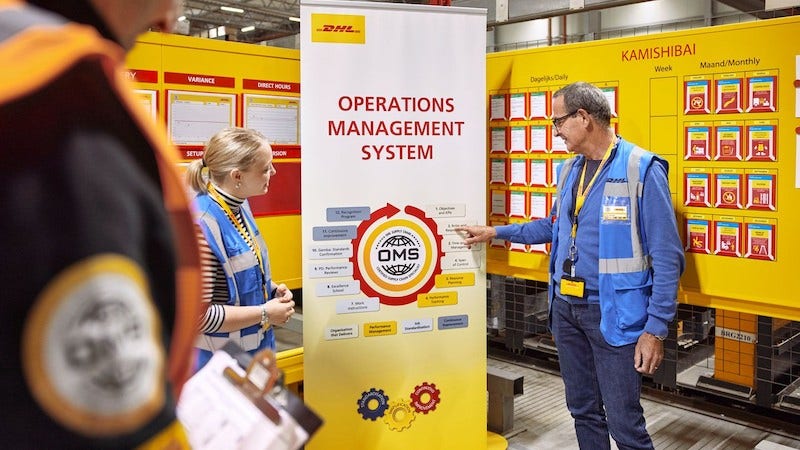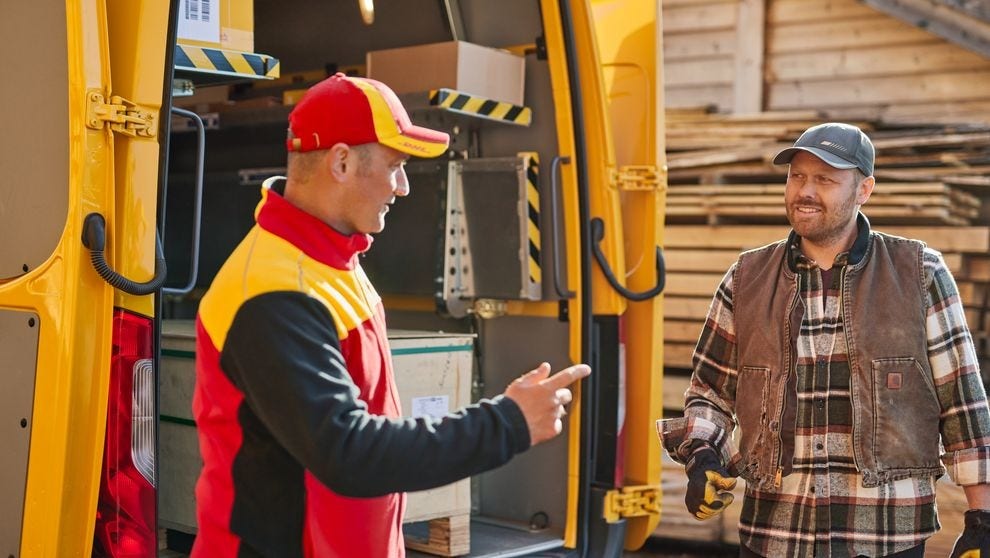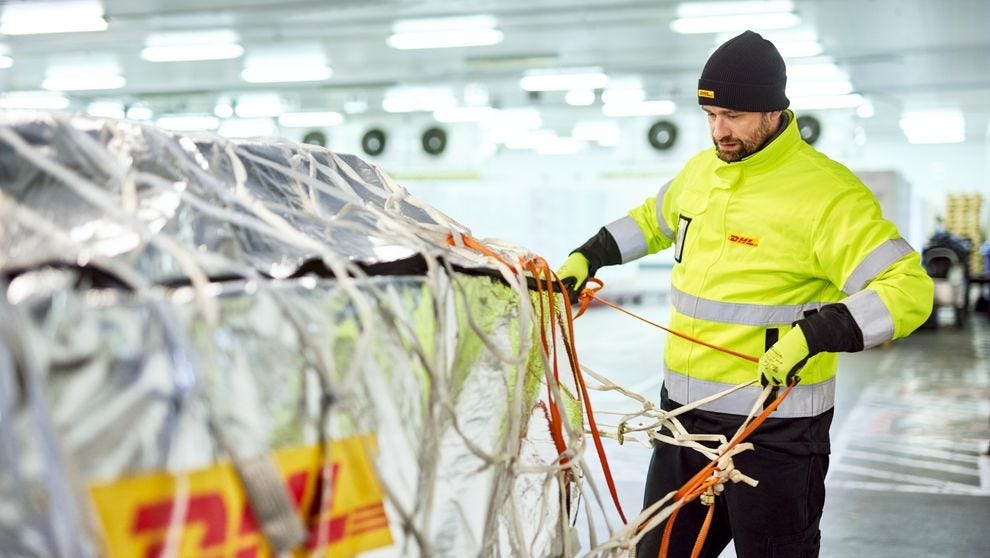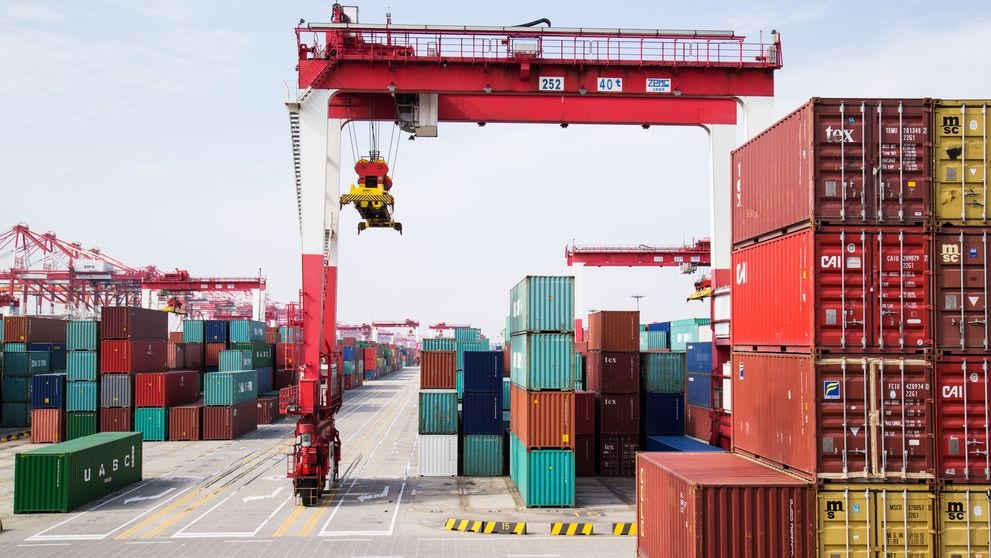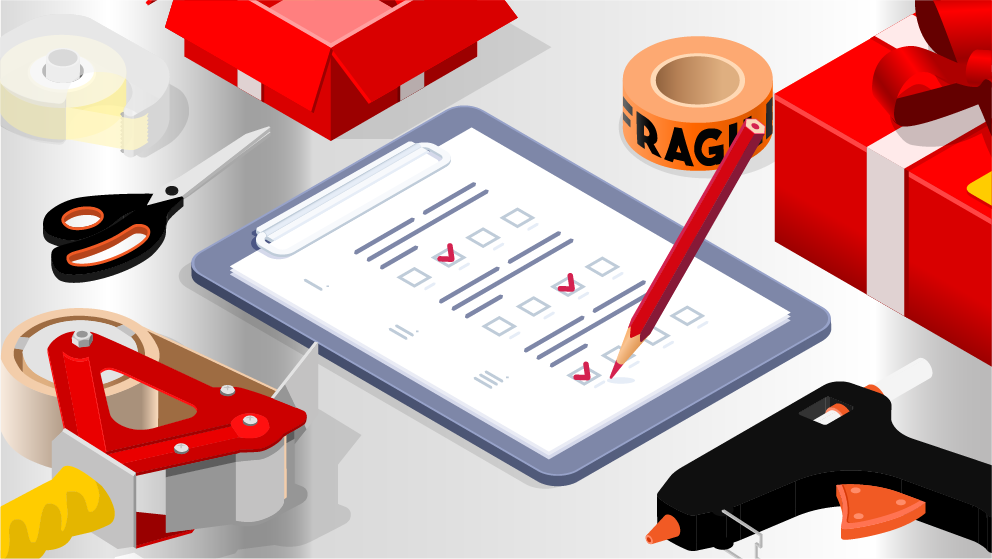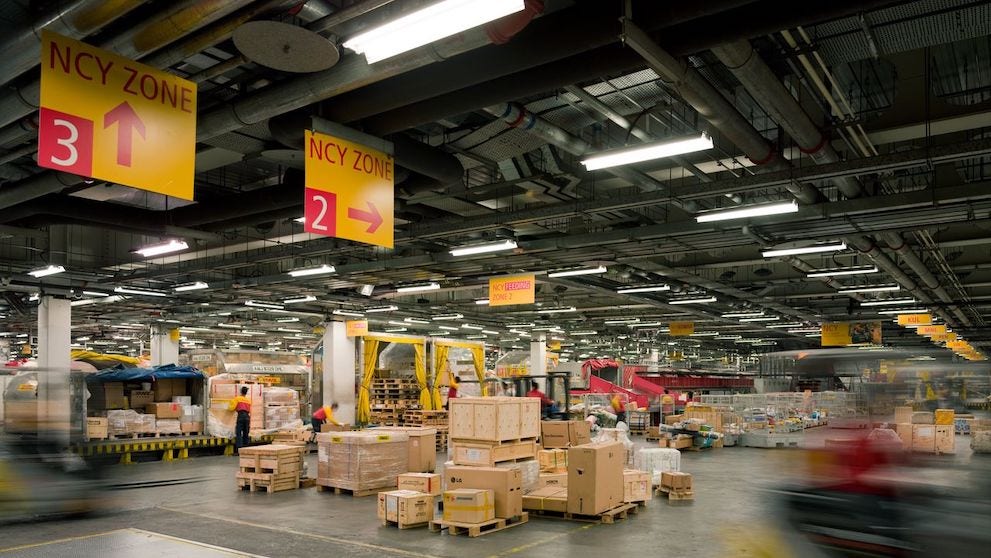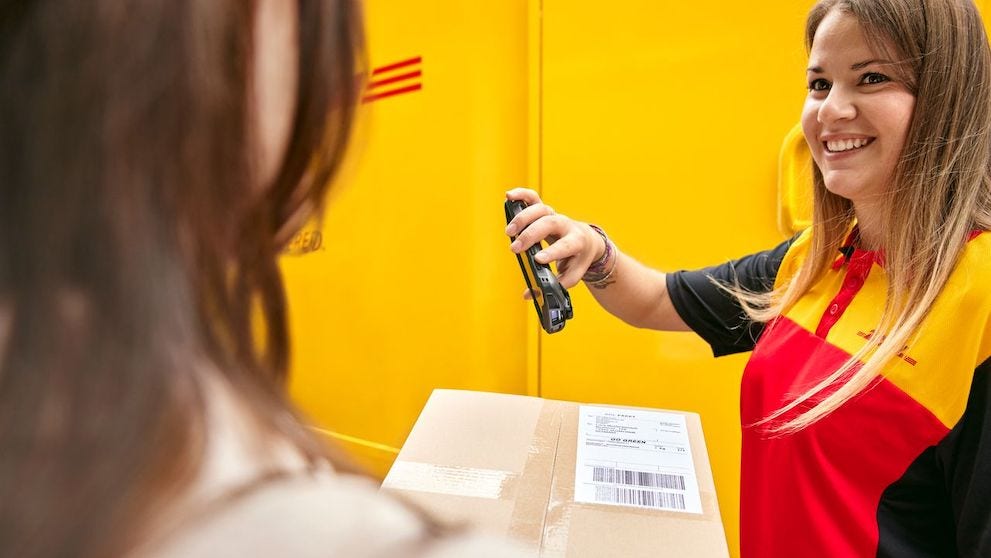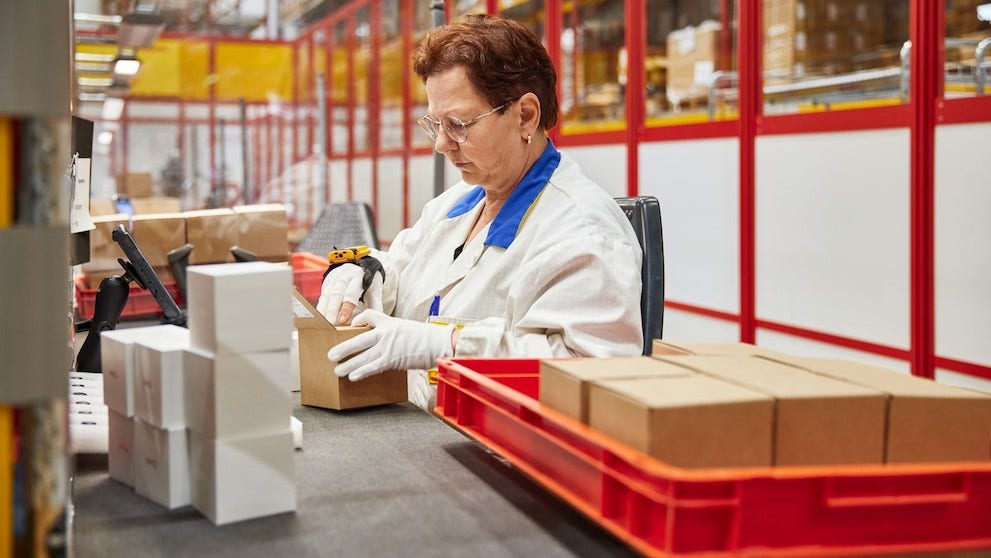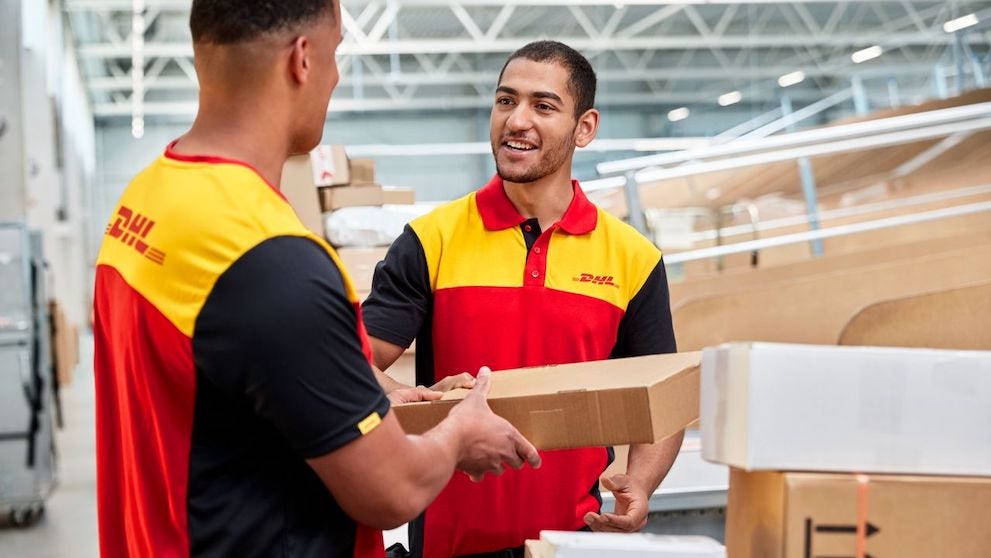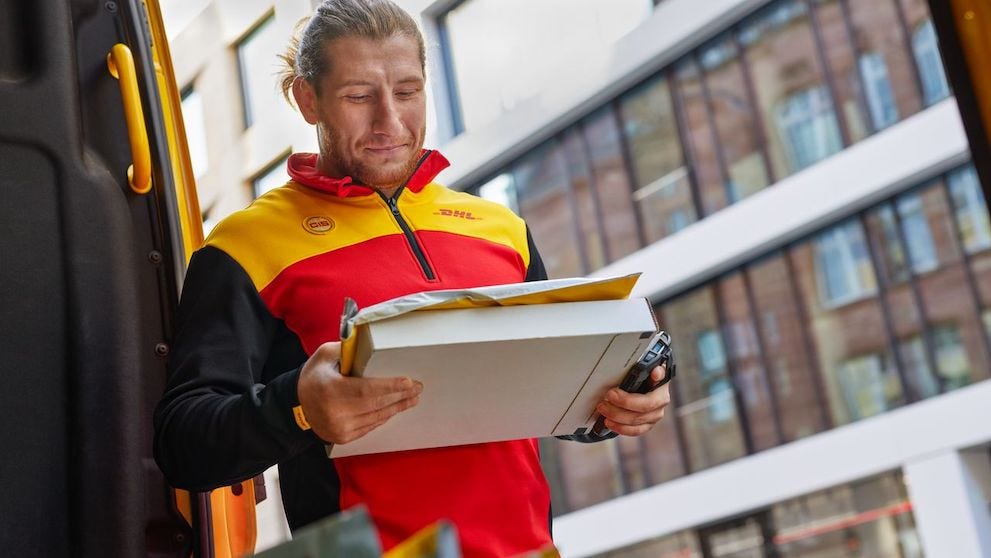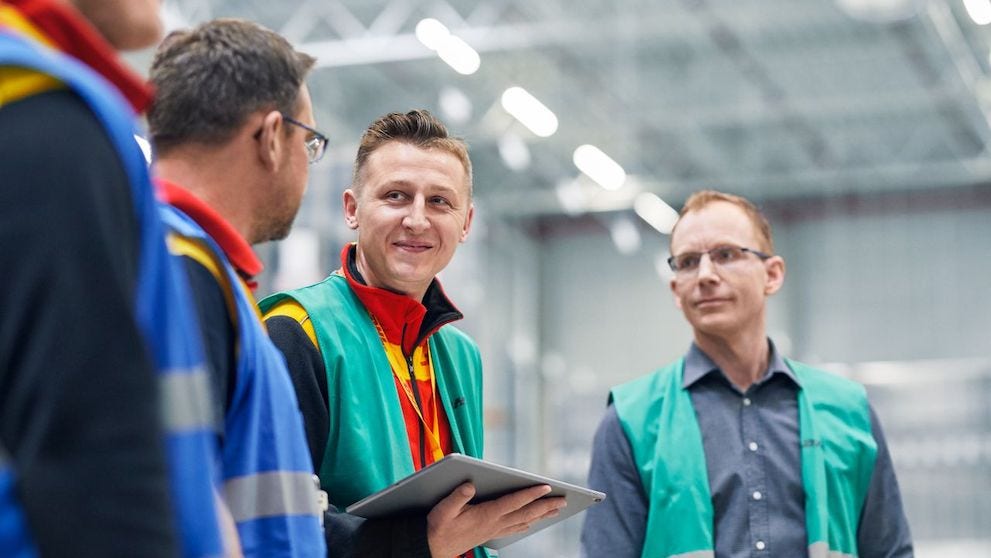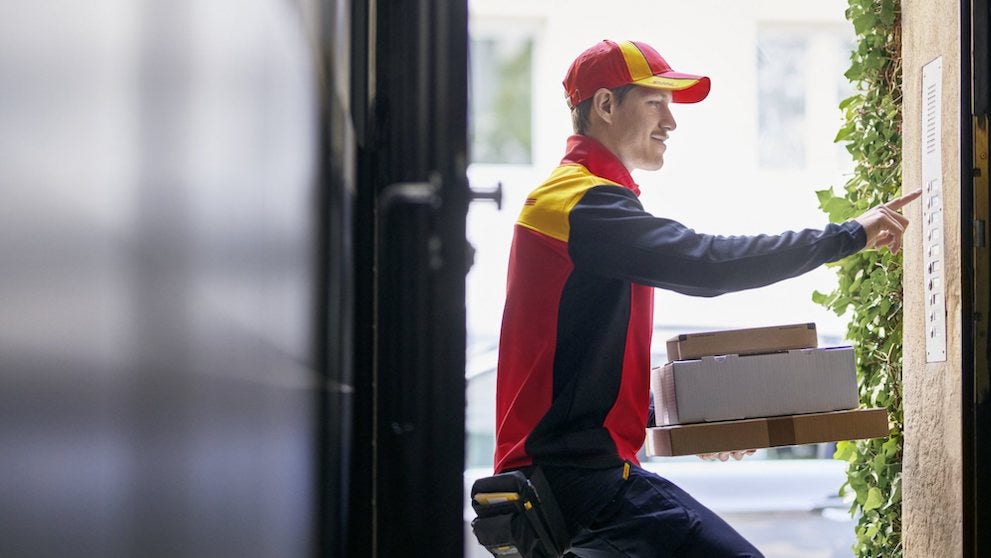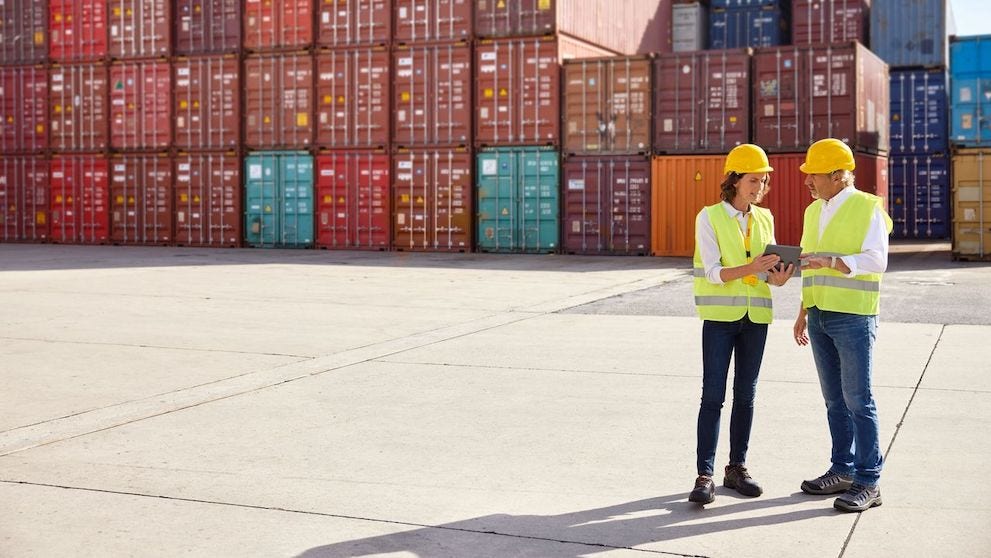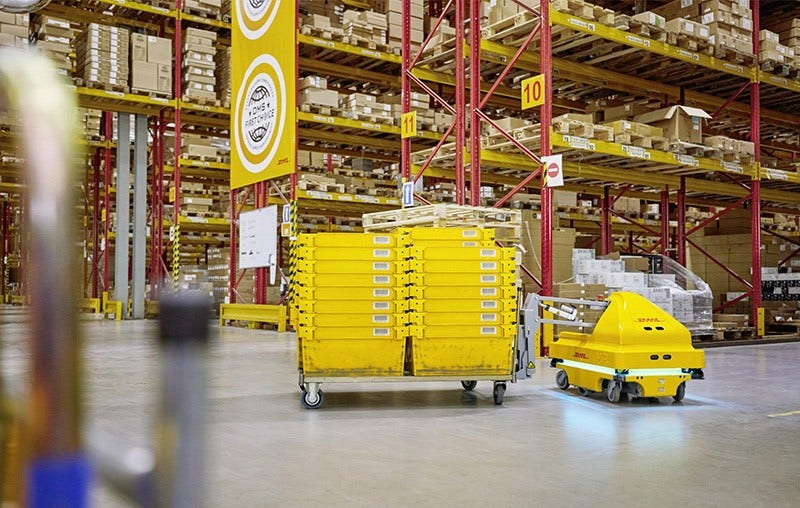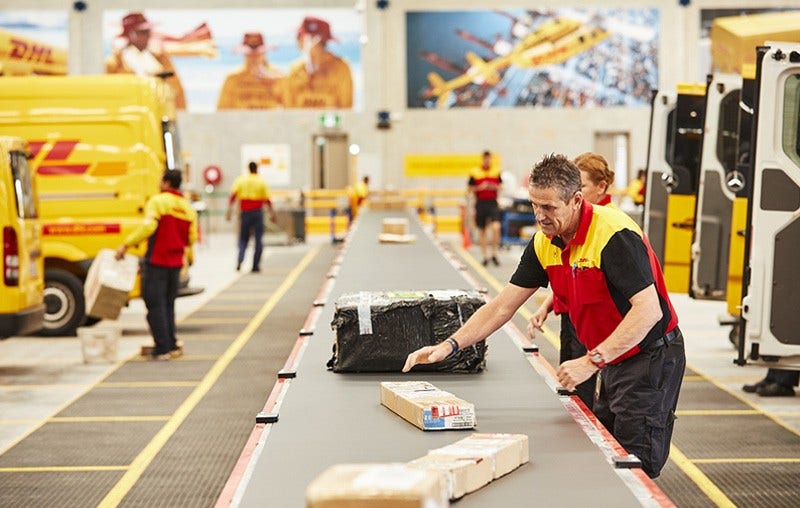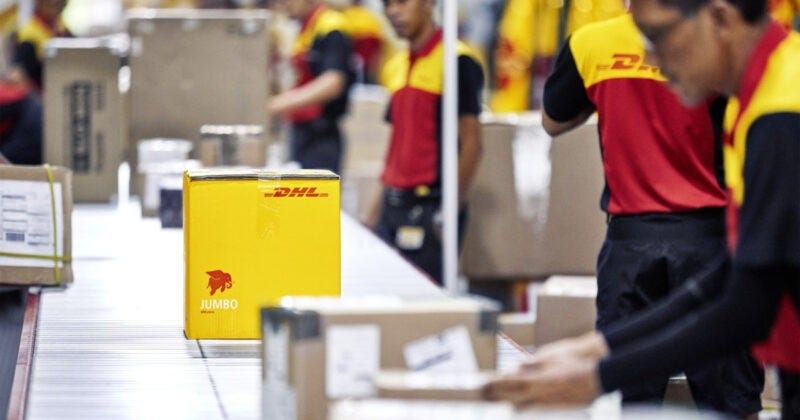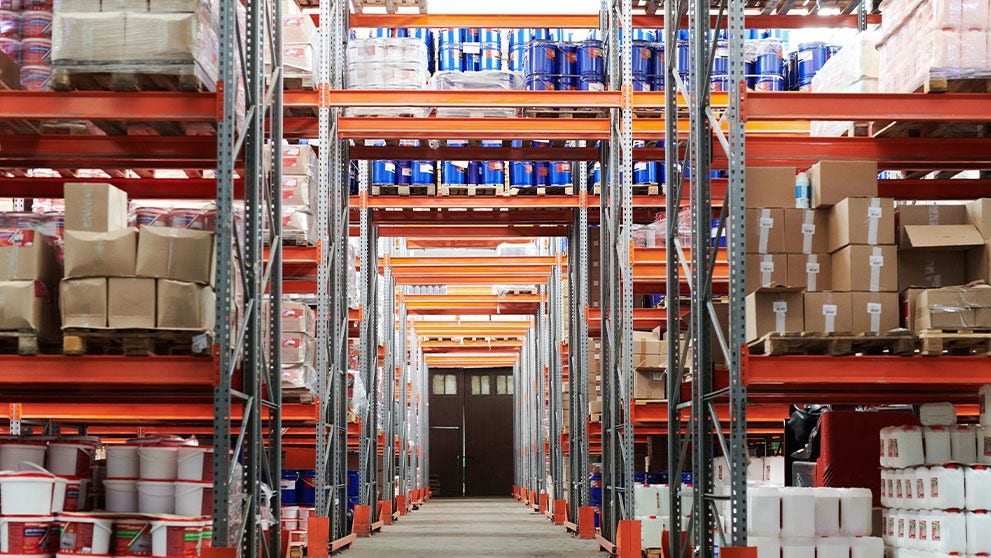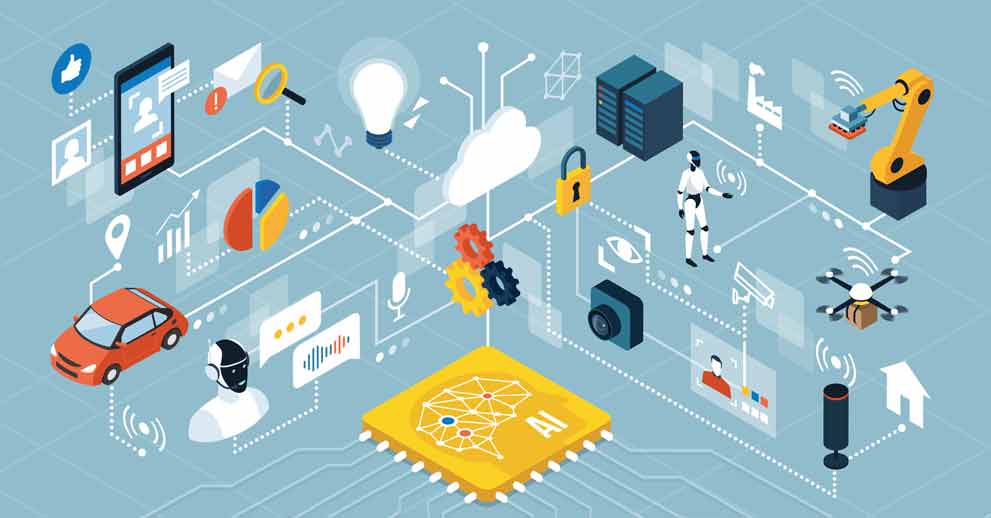
A critical factor in increasing productivity and saving costs in the logistics industry is the digitisation of the supply chain sector. It helps reduce errors, save time, and increases the overall visibility across the chain. In this article, we discuss what is logistics 4.0, its challenges and how partnering with DHL Express can help you embrace this new technology.
According to a German Logistics Association (BVL) study, around 50% of the surveyed retail, industry and logistics service providers are aware that their future lies in the application of industry 4.0 technologies to supply chain processes. Moreover, they identify factors like fully digital processes (90%), digital master data management (89%), and digital communication (76%) as crucial. Unfortunately, most companies still use traditional supply chain management as reaping the full benefits of the 4.0 concept poses many challenges. Read on to find out more about logistics 4.0 and its challenges.
What are the essential logistics 4.0 components?
1. End-to-end visibility
Arguably, one of the crucial components in logistics 4.0 is end-to-end visibility. The enhanced digitisation of the supply chain allows companies to have a smarter value stream. Through real-time tracking, businesses have the ability to receive information on shipments across the entire supply chain and view it easily in a single dashboard across various devices. This allows any potential disruptions to be flagged early and for the issue to be quickly dealt with.
2. Automation of processes with robots and drones
By having robots, drones, and shuttles, repetitive work such as warehouse order fulfilment and order picking are made more efficient. Automated robots are able to detect barcodes from the parcel and sort them accordingly into their respective delivery bins. Drones are used to audit inventory, take stock, and search the warehouse for lost items. Shuttles travel independently around the warehouse to transport and stack goods.
3. Internet of Things (IoT) solutions
Internet of Things (IoT) solutions play a crucial role in maximising the ability of enterprises to gain meaningful data from various touchpoints within a warehouse. In this regard, IoT adoption in logistics workflows is also vital, as it facilitates the use of smart utilities. Moreover, it enhances their capabilities by deploying increasingly specific and granular insights. This builds transparency into the process and facilitates decision-making.

